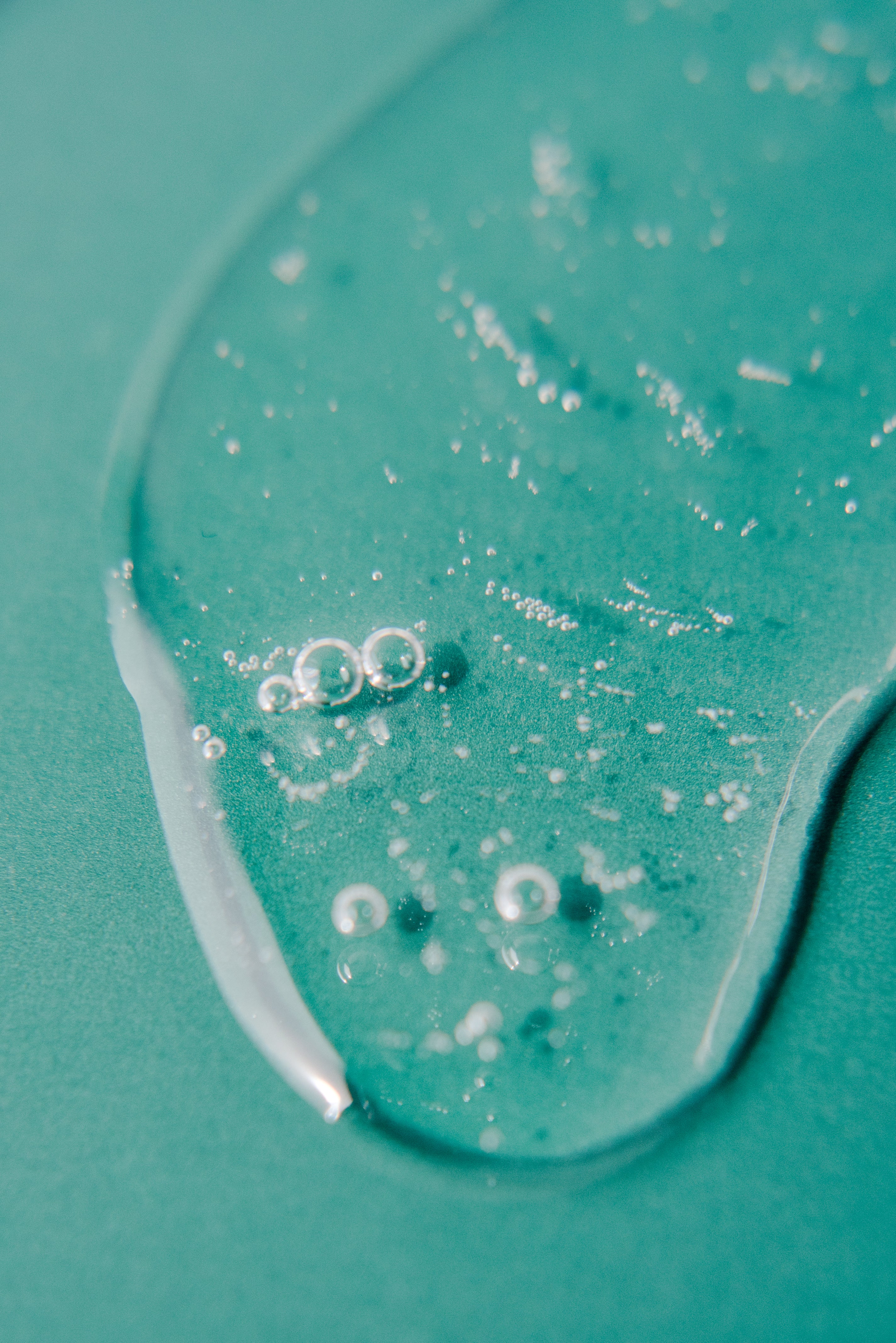Before exploring how the Cometic Grade of Hyaluronic Acid (HA) benefits different skin types, it's important to know where it derives from. Most HA products are made from chicken combs, but some are derived from plants like wild yam. Plant-derived HA is often purer and safer than animal-derived HA. This is because it goes through strict purification processes, making sure it's free from animal pathogens and contaminants.
Hyaluronic acid (HA) is a remarkable ingredient in the skincare world, celebrated for its exceptional hydrating properties. Its unique ability to hold up to 1000 times its weight in water and easily absorb into the skin's surface makes it particularly beneficial.
All skin types need nutrients, detoxification, and effective communication to maintain health. This is why everyone can benefit from using products containing HA. Incorporating HA into your skincare routine is a fantastic way to enhance hydration in your skin cells. While drinking plenty of water is essential, it rarely directly reaches the skin's surface.
The way hyaluronic acid interacts with different skin types can vary, making it important to understand how to use it effectively based on your unique skin needs.
No matter your skin type, it is suggested to apply Hyaluronic Acid twice a day—once in the daytime and once at nighttime.
HA for Different Skin Types
Dry Skin
Hyaluronic acid is a humectant, meaning it attracts and retains moisture from the environment and deeper layers of the skin. For dry skin, which often lacks adequate hydration and can feel tight or flaky, HA can be transformative. It helps replenish moisture levels, leading to plumper, smoother skin.
- Apply a hyaluronic acid serum immediately after cleansing, while the skin is still damp, to maximize moisture retention.
- Layer a rich, emollient moisturizer on top to seal in the hydration.
- Consider using a hyaluronic acid-infused mask for an extra hydration boost.
- At first, your face may still feel too dry even if you apply Hyaluronic Acid regularly or in larger amounts. Over time, your skin will learn to absorb the right amount to achieve optimal hydration.
Oily Skin
Contrary to popular belief, oily skin can still be dehydrated. Dehydration can actually exacerbate oiliness, as the skin overproduces oil to compensate for the lack of moisture. Hyaluronic acid provides lightweight hydration without adding oil, helping to balance the skin's moisture levels.
Tips:
- Look for a lightweight, water-based hyaluronic acid serum to avoid clogging pores.
- Follow with a gel-based moisturizer that provides hydration without heaviness.
- Incorporate a hyaluronic acid toner to refresh and hydrate the skin throughout the day.
Combination Skin
Combination skin features oily and dry areas, typically with an oily T-zone and drier cheeks. Hyaluronic acid can provide balanced hydration, addressing the needs of dry and oily areas without overloading any part of the skin.
Tips:
- Use a hyaluronic acid serum as a base layer to hydrate all over.
- Apply a lightweight moisturizer to the T-zone and a more nourishing one to the drier areas.
- Consider multi-masking - use hydrating masks on dry areas and oil-controlling masks on oily areas.
Sensitive Skin
Sensitive skin often reacts to ingredients and environmental factors, leading to redness, irritation, and discomfort. Hyaluronic acid is generally well-tolerated and can provide gentle hydration that soothes and calms the skin.
Tips:
- Choose hyaluronic acid products with minimal ingredients to reduce the risk of irritation.
- Look for formulations free from fragrance, alcohol, and other potential irritants.
- Start with a patch test to ensure the product is suitable for your skin.
Hyaluronic acid is a versatile and highly effective ingredient suitable for all skin types. By understanding how it interacts with your specific skin type and following tailored tips for usage, you can maximize its benefits and achieve healthier, more hydrated skin. Whether you have dry, oily, combination, or sensitive skin, hyaluronic acid can be a valuable addition to your skincare routine.


